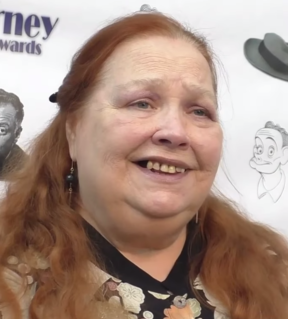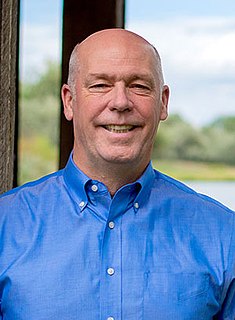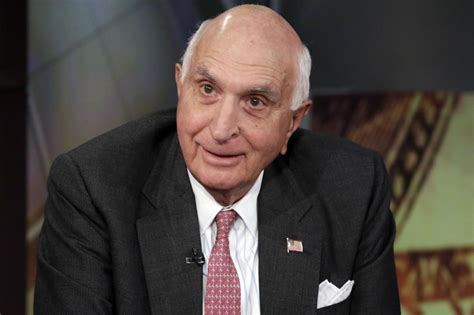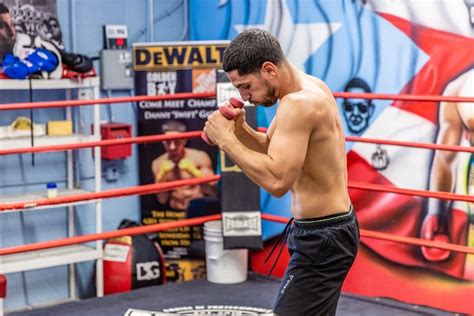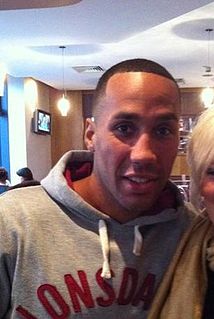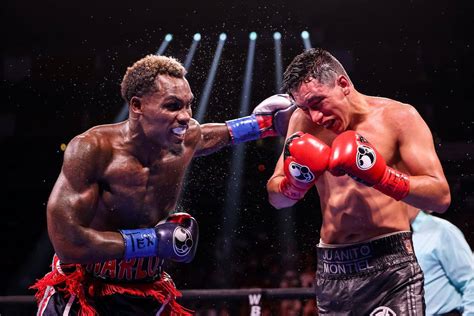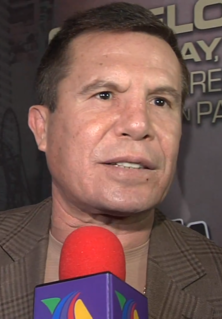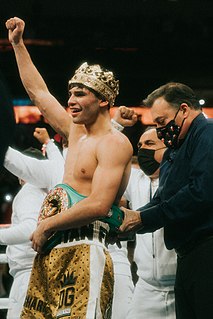A Quote by Manny Pacquiao
I’ve worked in construction, in a factory sewing clothes. I also sold flowers and doughnuts - just odd jobs to try to make 10 pesos, which is equivalent to 20 cents.
Related Quotes
African Americans, in particular, saw their cumulative wealth crash. They used to have 10 cents on the dollar of the average white family. That 10 cents on the dollar that the African American family used to have crashed down to 5 cents on the dollar, given the focus of predatory lending on the African American community and the degree to which they were really devastated by the foreclosure crisis. So yeah, I think there is a lot of disappointment out there.




